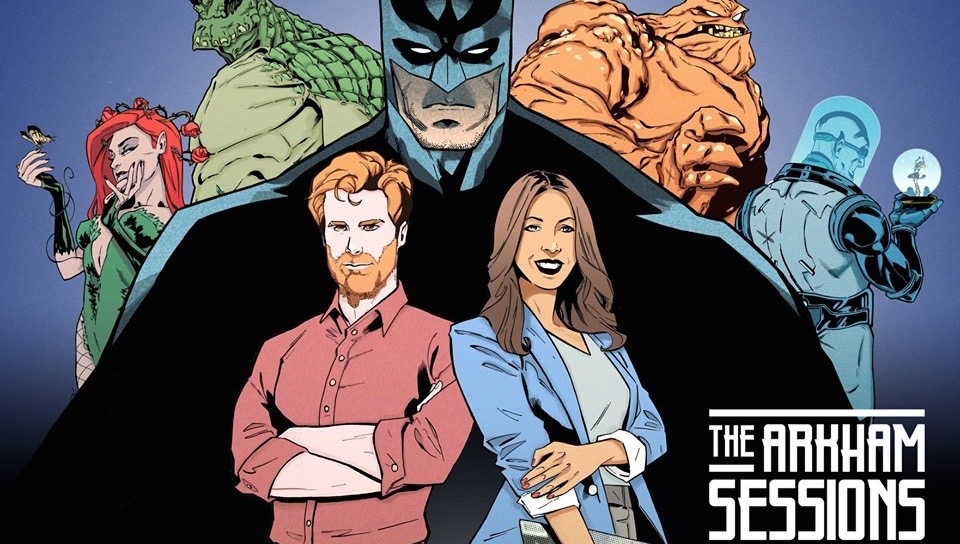The Arkham Sessions, hosted by Dr. Andrea Letamendi and Brian Ward, is a weekly podcast dedicated to the psychological analysis of pop culture, including Batman: The Animated Series, Steven Universe, the MCU, and Doom Patrol. Nostalgic, humorous, and even a little educational, each episode promises to lend some insight into the heroes, villains, and classic stories of the Dark Knight and more!
The Arkham Sessions, Ep. 177 – Doctor Strange
Before learning to be proficient in the mystic arts, Dr. Strange is callous, demeaning, and holds an unrealistic sense of superiority over others. He sees others only in comparison to himself, and infers a disdain for them by way of intelligence, class, and profession. After his horrific accident, Dr. Strange doubles down on his hierarchical beliefs. Because he accepts a western model of fixed categories, labels, and physical constructs of the self and others, he interprets his injury as a devastating loss. His sense of self is fixed; without his hands, he can no longer perform surgery, and is therefore of no value. He sees himself as vulnerable, weak, broken; he hates himself, as he would anyone who isn’t a prolific surgeon.
We explore the way the film integrates eastern and western philosophies, belief systems, and healing models. Dr. Strange learns to expand his abilities not by regaining the use of his hands; but welcoming less tangible forms of functioning. He learns to heal spiritually, not physically. In fact, The Ancient One teaches Dr. Strange how to open his senses to the awareness of energy in other dimensions, and to harness that energy to skillfully conjure spells to create weapons, shields, and illusions in order to help protect the sanctums from threats.
Dr. Strange ascends as a master of the mystic arts, but he also demonstrates the importance of the growth mindset – our mental openness, flexibility, and curiosity. By letting go of the fixed rules and textbook models of the science he knows, Strange welcomes the subjective and introspective practices that can also give way to healing and self-betterment. He gains a more expansive and transcendental concept of the self and others. This approach is critical to modern psychological science. Integrating psychology and philosophy with traditional science creates a more expansive and harmonious version of our treatment models. As a way to embrace the power of our human senses, we demonstrate a brief exercise in mindfulness.
>
Have psychology-related questions about Batman? Write to us via Twitter, @ArkhamSessions, or on Facebook. Or visit our official website.
And, don’t forget to subscribe to The Arkham Sessions on Apple Podcasts to get all of the latest episodes! And, be sure to join us on Patreon.

